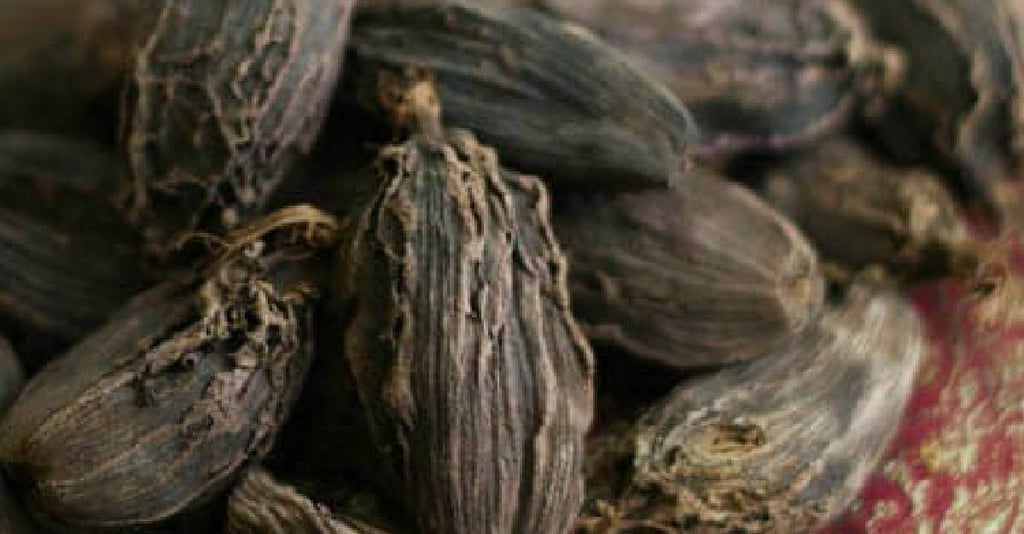Sikkim government launches "Mero Alaichi, Mero Dhan" initiative to revive large cardamom cultivation
The Department of Biotechnology (DBT), Government of India, has responded enthusiastically to this initiative by assembling an expert group of the nation’s leading specialists.
LOCAL


Large cardamom, a crucial crop for Sikkim, is facing a serious threat. Once a vital source of livelihood for thousands of farmers, this crop has been devastated by climate-change-induced diseases, drastically reducing its productive lifespan. From thriving for 30 years, the crop now lasts only 5-6 years, severely impacting both farmers and the agricultural economy of the state.
In response to this crisis, the Government of Sikkim has launched the "Mero Alaichi, Mero Dhan" initiative to revive large cardamom cultivation. The initiative seeks to employ cutting-edge scientific and technological interventions, including biocontrol, biotechnological, and plant breeding approaches, to address the diseases that have plagued the crop.
The Department of Biotechnology (DBT), Government of India, has responded enthusiastically to this initiative by assembling an expert group of the nation’s leading specialists. The group includes renowned biotechnology institutes such as the Institute of Bioresources and Sustainable Development (IBSD), the International Centre for Genetic Engineering and Biotechnology (ICGEB), the National Institute of Plant Genome Research (NIPGR), the National Centre for Biological Sciences (NCBS), and the National Agri-Food Biotechnology Institute (NABI), along with eminent plant pathologists and plant geneticists.
Coordinated by the Department of Science and Technology, Government of Sikkim, and the Department of Horticulture, the collaborative effort aims to tackle the root causes of the epidemic, develop innovative solutions, and test them in the fields of farmers. Over the last few months, three meetings have been held to propel the initiative forward. The "strategy and action plan" for the revival of large cardamom is expected to be ready in a month, after which field experiments will begin using biotechnology, genetic diversity, and eco-friendly biocontrol methods.
